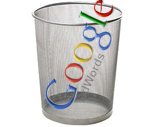 eBay have just published a study which pretty much concludes that spending money on search engine advertising is largely a waste of money.
eBay have just published a study which pretty much concludes that spending money on search engine advertising is largely a waste of money.
The study does draw distinctions between eBay and smaller companies who don’t have universal brand recognition, but for eBay there doesn’t appear to be as much value in paid search results as one might have previously thought. We’re always hearing rumours about eBay buying or not buying keywords, but this is the first time we’ve seen a full report on the results of their tests.
Experiments with “eBay” in the search query
The study gives the results from a series of controlled experiments where large-scale SEM (Search Engine Marketing) campaigns were randomly executed across the U.S.
“In March of 2012, eBay conducted a test to study the returns of brand keyword advertising (all queries that included the term eBay, including multi-word terms such as “ebay shoes”) by halting SEM queries on these keywords on both Yahoo! and Microsoft (MSN), while continuing to pay for these terms on Google, which we use as a control in our estimation routine. The results show that almost all of the forgone click traffic and attributed sales was immediately captured by natural search“.
In short, if eBay didn’t pay for visibility in search buyers simply clicked on natural search results instead.
Experiments without “eBay” in the search query
The next question is what about non-branded keywords, i.e. search strings that don’t contain the word “eBay”? eBay decided to turn off Google Adwords for 30% of the US and the results suggest that on average, U.S. consumers do not shop more on eBay when they are exposed to paid search ads on Google. They also discovered that the more frequently a buyer purchases on eBay the less likely they are to be influenced by Google paid search.
“Consumers who have completed at least three eBay transactions in the year before our experiment are likely to be familiar with eBay’s offerings and value proposition, and are unaffected by the presence of paid search advertising. In contrast, more new users sign up when they are exposed to these ads, and users who only purchased one or two items in the previous year increase their purchases when exposed to SEM”.
Potential impact for the UK
This is especially significant for the UK which has the most highly penetrated and engaged eBay audience in the world. On average we spend more and buy more items than any other nationality, which suggests as hardly anyone doesn’t buy on eBay it’s really not worth them targeting the UK with paid search.
Raised prominence of Natural Search Results
What’s more, eBay found strong evidence that the removal of the advertisement raises the prominence of the eBay natural search results as shown by the graphs below.
eBay conclude “Bluntly, search advertising only works if the consumer has no idea that the firm has the desired product. Large firms like eBay with powerful brands will see little benefit from paid search advertising because most consumers already know that they exist, as well as what they have to offer.
Potential impact on Google
eBay point out that $31.7 billion that was spent in the U.S. in 2011 on internet advertising, the top 10 spenders in this channel account for about $2.36 billion. Around 95% of Google’s profits come from paid search, previously Adwords and more recently the addition of Product Listing Ads. If they potentially lose $2.36 billion in one territory that’s soon going to start hurting. No surprise that Google are looking at other ways to make money.
Will eBay dump paid search?
It might be a bit late to ask if eBay will dump paid search – if you’ve looked for any search strings that include the word “eBay” lately then you may have noticed you’re not seeing any eBay paid search results. What we should have asked is “Will Amazon also dump paid search?”
You can read the full report on the National Bureau of Economic Research website.
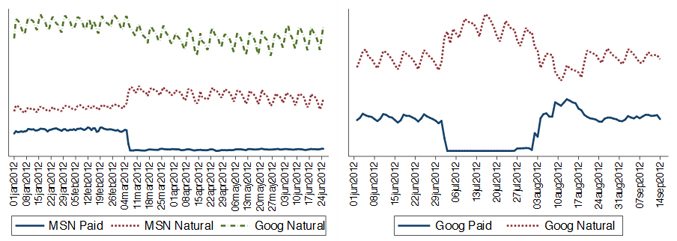
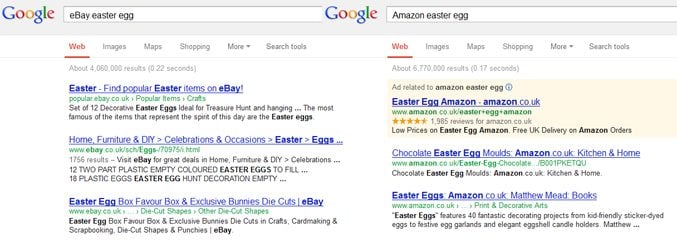




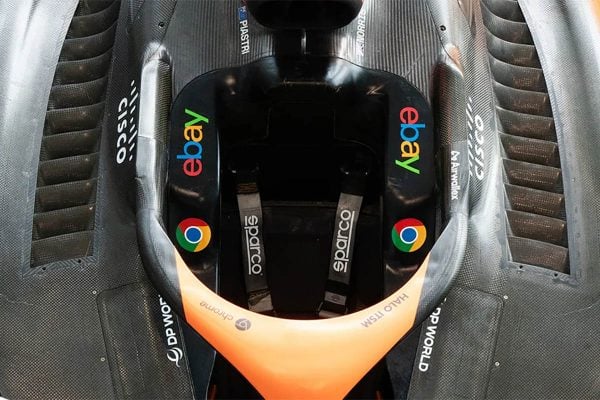
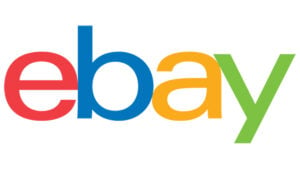
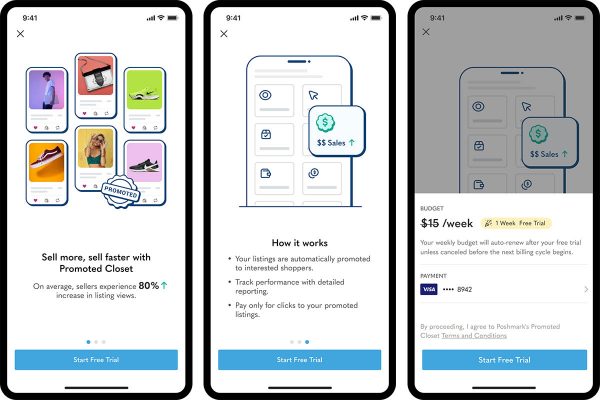

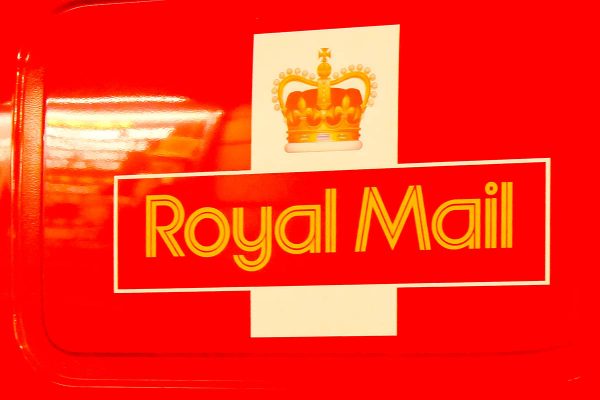
14 Responses
Fascinating article – thanks for posting.
Because eBay is so strongly recognised now as the place to go and search, I’m not surprised PPC is a waste for them.
Google is going after Amazon and ecommerce very strongly now, and what we’re seeing so far is only currently the tip of the iceberg.
They have some very provocative services in the pipeline at their Ad Innovations page.
And Amazon remains such a poor internal search engine that people are still forced to do Google searches to even find what they need on Amazon!
So until they get that fixed, G continues to add value and can encroach more on Amazon until maybe they can eat their lunch.
Absolutely amazing.
I don;t usually understand all these statistical things but this I did and made very interesting reading.
The change in the graphs when advertising is NOT paid for is incredible and actually having the opposite effect.
It will be interesting to see what the future will hold. It’s such a diverse and ever changing world on the internet. What is considered global and is part of our everyday lives can change in almost the blink of an eye.
Thank Chris for the information.
Kind regards Simon
My experience of adwords is similar to that of ebay. Organic search generates far more sales.
On the adwords side ebay are going big on mobile. Phone mobile is hopeless for google adwords, and possibly tablet mobile also if the trend continues for smaller tablets. Wonder if the ebay results are skewed because of mobile ebay users?
Slightly surprised that ebay made this info public. It may make advertisers think twice before using ebay’s own targeted paid for advertising for which the results and value for money could be equally as poor.
Great article; I can’t wait to see googles’ effectiveness evaluation of ebays on-item ads.
One advantage that ebay have overlooked is that mega bucks corporate paid search freezes out the small business minor bucks paid search competition. How do you value this benefit?
This news story needs a lot more exposure than what it’s getting.
Paid search works when it’s done correctly – unfortunately that’s only about 1% of the time.
The other 99% of it is wasted spend, due to a mix of ego (the client: “We NEED to be in the 1st position result for ‘Portable Computer'”), overzealous and ill-intentioned agencies, and an overall ignorance towards ‘natural’ (e.g., not forced) SEO.
Paid search is kind of taking the same pattern as traditional, ineffective advertising. 20 years ago: corporations that wanted advertising said “we need billboards, a :30 TV spot, and a brochure”. Today they’re saying the same thing about paid search, and virtually ignoring the 1-on-1 relationship they need to be engaging with their customers (which is a whole other story, but if you want to learn ‘how’, just follow Seth Godin.)
I decided to become a Google “Webmaster” a while back to help me pimp-up my website – and it really worked wonders… there were a couple of teeny tips that now mean I almost always come top or certainly on the first page in my chosen field… I did dabble with Google Ads but they were very expensive and ultimately pointless!
I tried facebook advertising – both pay per click, and pay per view. £20.00 per day for two weeks – result? Nothing to speak of, complete waste of £280.00.
No kidding sherlock. We researched this 2 years ago on many large companies and found that 70% of Google PPC clicks were brand terms but companies are largely blackmailed that if they do not buy their brand terms someone else will. The value is not extra traffic, as they would get that anyway from natural search, but was to stop competitors taking traffic away!
The conversion from non brand terms for large companies was pitiful.
Also what tracking are you using?
Low and behold its probably Google Analytics? Hold on might there be a conflict of interest for someone to sell you clicks and then tell you if it works? Doh?
Do you know that Google has made at least 30 changes to Google Analytics to make it look better for Google ROI.
The biggest change they made was unbelieveable. They changed the way sales were recorded. They said the sale would be recorded based on the last referred website? That means if someone types in a keyword, probably the brand term in Google, and then the next day sees a TV advert offline or maybe a newspaper ad and then decides to come back to the site directly (ie not going via Google) the purchase would be recorded in Google Analytics as a sale from “Google”? Google ignores direct visits. Its unbelievable on so many levels. The world is seriously duped and probably in the eyes of many this could be seen as large scale fraud as basically Google Analytics is ignoring the influence of any offline marketing working at all as it does not register sales against the last visit actually being direct. Take into account that most people use Google as the worlds biggest bookmark and was a brand term search you start to see a very different story. If Google had to not count any traffic from Brand term search Google traffic for many big sites would fall to less than 5% and would be insignificant.
Changes need to be made on so many fronts so legally it cannot include brand term searches in its traffic source and show as direct as well as changing the way it measures direct visits to give offline marketing the true impact it has.
I have always wondered if people really look at the right of the Google search results (the paid) ones.
I notice that Google Shopping was not mentioned.
What are your opinions of Google Shopping.